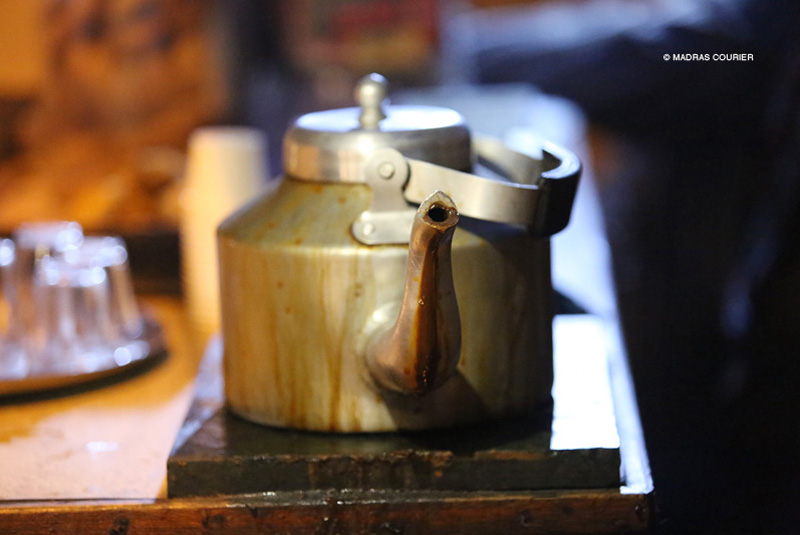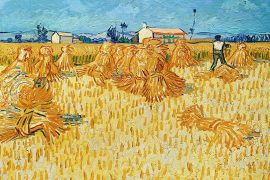
From a small, blue wooden cart, Krishnaveni has sold chai on the side of the road for thirty years. Starting her day at seven in the morning, she works a twelve-hour shift until it’s time to go home.
Krishnaveni, now in her mid-fifties, spent most of her life selling chai so her daughter wouldn’t have to. She’s been a one-woman show ever since her husband passed away 15 years ago. Her daughter is now an accountant with an MBA. Krishnaveni managed this without ever taking a loan.
The informal market, the category that roadside chaiwallahs fall under, powers the most visible aspects of economic growth. You can see it in every new vendor, fruit seller, driver and other off-the-books service that people increasingly line up to provide. Existing outside the spectrum of formal employment, these vendors lack basic social security, and are constant prey to local officials looking for a bribe.
“I used to have a small shelter here, besides my cart. But this is government land. From time to time, three to four government officials come and try to chase me away. I move my cart and wait till they leave, before returning. But one day, they destroyed my shelter. I work in all seasons now, rain or sun, without a shelter,” says Krishnaveni.
Copyright©Madras Courier, All Rights Reserved. You may share using our article tools. Please don't cut articles from madrascourier.com and redistribute by email, post to the web, mobile phone or social media.Please send in your feed back and comments to [email protected]











